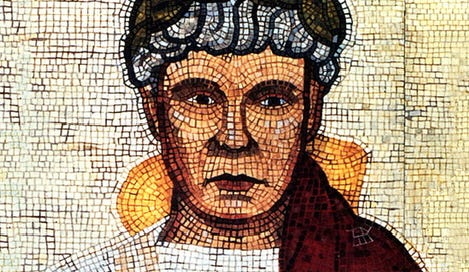Series Review: ‘I, Claudius’ (PBS)
Biting Roman Empire series paved the way for darker TV programming
In 1998, the Modern Library ranked I, Claudius—the first of two fiction books by Robert Graves about the Roman emperor—on a list of the 100 best English-language novels of the 20th century. The novel ranked 14th. BBC adapted both Graves novels as a 1976 television series, which aired on state-sponsored PBS in America. It, too, was titled I, Claudius.
In its context and time, the 12-part series puts today’s prevalent television programming about families that tear each other apart—from the 1978 CBS series Dallas, Fox’s Married with Children and HBO’s The Sopranos to Game of Thrones and Succession—into sharper perspective. I, Claudius makes them seem like child’s play.
Like the other shows, the series is at first inviting, biting, salacious and often witty as fictionalization of family, sex, eroticism, incest and power. Its’ nudity was considered shocking (it …
Keep reading with a 7-day free trial
Subscribe to Autonomia to keep reading this post and get 7 days of free access to the full post archives.




